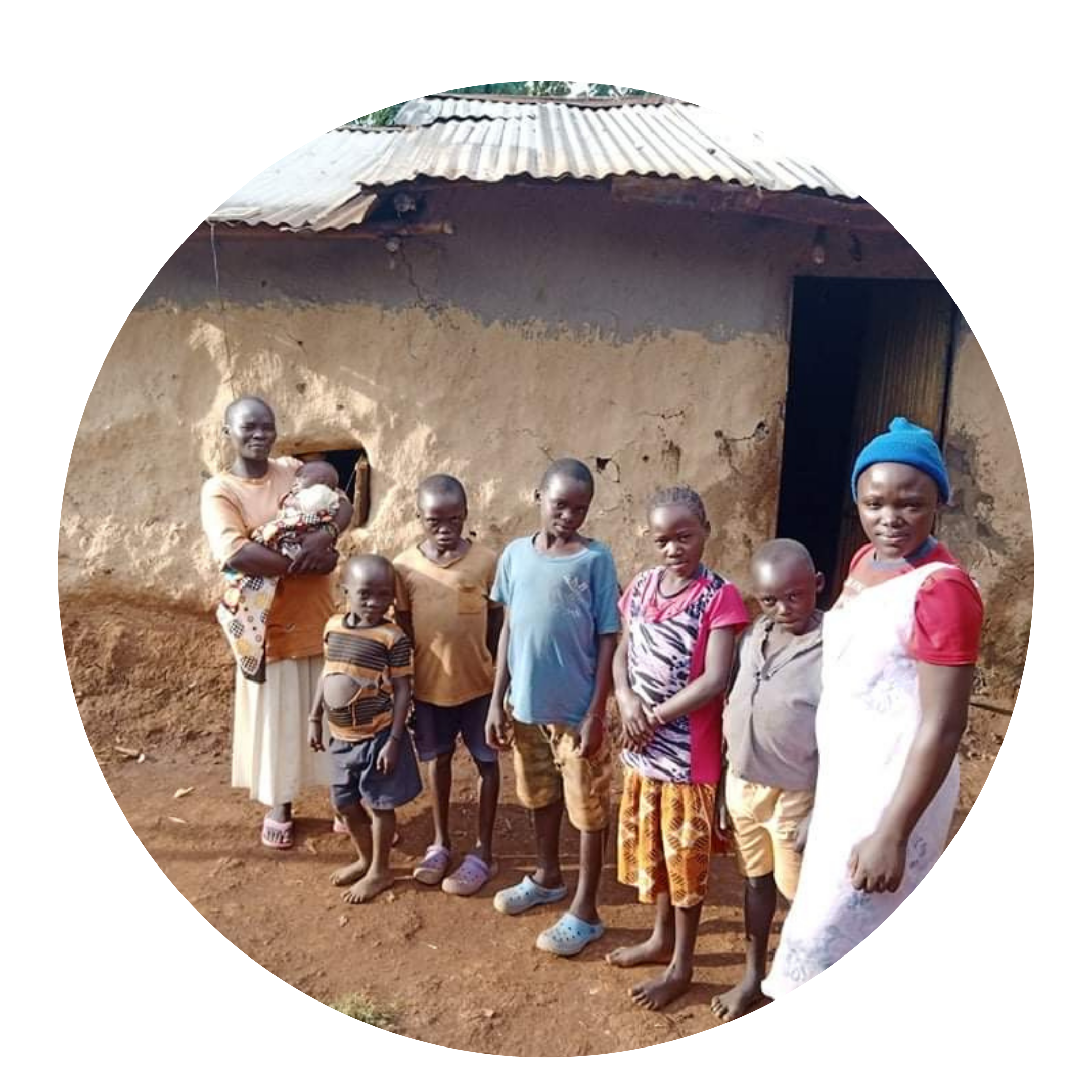The Hidden Strength of Widows in Kenya: Grief, Leadership, and Legacy
She Doesn’t Talk Much About Her Grief
Why is that?
It’s not because it’s gone. And it’s not because she doesn’t feel it anymore.
Maybe it’s because the world moved on - and she didn’t want to be left behind.
In many cultures, a widow fades quietly into the background.
She becomes the one who lost. The one who was left. The one who used to be.
But we’ve seen something different.
At Pamoja Love, we walk alongside widows who not only carry sorrow - but strength.
Women who lead when no one sees.
Who raise children, plant gardens, start businesses, and keep praying long after the crowd goes quiet.
Who cry alone, give generously, and are never done giving.
As the Crowds Depart
It begins quietly.
Sometimes even before the funeral ends, a different kind of presence begins to gather.
Not to comfort - but to claim.
Among many tribes, customs surrounding death and inheritance are deeply rooted. His land, possessions, clothing - even his shoes - are often considered part of the extended family’s legacy, not the widow’s.
What she helped build. What she poured her life into. What she shared in love with him.
Now up for negotiation.
She may be expected to show up for whoever the family decides will “cover” her - take over decisions, possessions, and influence. She must appear agreeable. Respectful. Available. She must fulfill cultural expectations with strength and composure, even as her world is crumbling.
Sometimes she is asked to cook for the ones who are dividing her life.
Sometimes she is asked to give up the very tools she needs to survive.
And no one asks what she needs.
No one is checking on her children.
No one is tending to her heart.
She is expected to move forward while carrying it all.
To provide, to serve, to be the one others lean on.
Even when no one shows up for her.
What the Grief Customs Don’t Show
Some traditions surrounding grief are beautiful - public mourning, prayer gatherings, songs of lament.
But others leave her exposed, expected to perform in her most broken state.
There’s an assumption that the community will care for her.
But when the songs fade and the chairs are stacked, she’s often left with silence - and scarcity.
In that space, rumors begin.
“She’s the one who killed him.”
“She’s cursed.”
“If you talk to her, your husband will die too.”
And yet… she stays. She serves. She gives.
She gives to the very community that took from her.
She shows up for those who whispered.
She gives again - because it’s who she is.
And because there is often no other option.
But make no mistake: her leadership is not passive.
It is fierce. It is spiritual. It is costly.
It is the kind of leadership born in the fire - and carried on in tear-stained prayers.
We Believe Widowhood Is Not the End of Her Story
It’s often the beginning of her most unexpected chapter.
That’s why this December, we’re gathering a group of widowed women leaders from across Kenya and Tanzania for something sacred.
A space where they don’t have to perform.
Where their grief is welcomed, not silenced.
Where their strength will be named.
Where their voices will rise again.
It’s called Rooted and Rising - a grief-informed leadership retreat designed just for them. These are women already leading in their churches, homes, and villages. And for once, they’ll be the ones being poured into.
Grief has shaped them - but it hasn’t silenced them. Their faith, wisdom, and quiet strength have carried others for so long. Now it’s their turn to be held, to rest, to remember who they are.
If you’d like to help make this possible, you can sponsor part of the retreat. Every gift helps cover transportation, food, lodging, and materials so these women can experience rest, honor, and sacred community.
Click below to join us in this offering of love.


